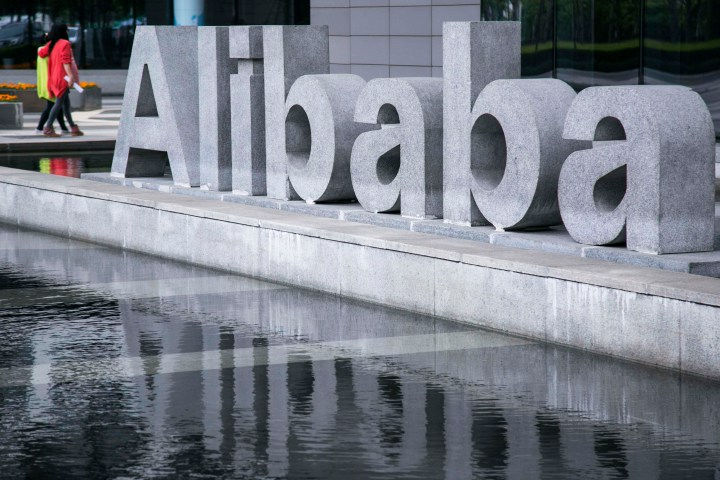Alibaba hankers for a 37 percent stake in Lionsgate
- charlesknerr
- Oct 24, 2014
- 2 min read

By Richard Morgan
October 24, 2014 | 3:12am from NYPost.com
After getting a taste of “The Hunger Games,” Alibaba billionaire Jack Ma has an appetite for more.
The Chinese Internet tycoon — who is set to make the rounds of movie studios to scoop up content — is hungering after Mark Rachesky’s 37.4 percent of Lionsgate, the studio behind the blockbuster film franchise, The Post has learned.
As Lionsgate’s chairman and single largest shareholder, Rachesky’s stake is worth $1.6 billion based on the current share price.
Asian bankers are telling Hollywood investors that Rachesky’s exit from Lionsgate will be announced in November, if not earlier, as Alibaba starts to spend some of its $25 billion in proceeds from its record-setting IPO.
Alibaba is craving entertainment assets, in particular US film and TV shows that it can import into what’s already the world’s second-largest theatrical market.
For Rachesky, who began accumulating Lionsgate shares
in 2005 through his $6 billion Manhattan investment firm, an exit would deliver a massive payday.
Rachesky’s MHR Fund Management acquired an additional 16.2 million of the studio’s shares in 2010 via a convertible debenture aimed at beating back a hostile bid for Lionsgate by his one-time mentor Carl Icahn.
Those shares converted at $6.20 apiece, after which Rachesky bought much of a defeated Icahn’s stake in Lionsgate at $7 a share.
This gives Rachesky a cost basis under $350 million and an as-yet unrealized gain of $1.3 billion from the 51.3 million shares he now holds.
And that’s not counting the premium — anticipated by one studio investor to exceed 10 percent — such a major block of the “Hunger Games”-hot studio would most likely command.
Lionsgate, which declined to comment when asked about a Rachesky sale, saw its stock rise 3.3 percent Thursday to close at $31.35 per share.
Brian Mulligan, a former studio executive who runs entertainment-and-sports advisory Brooknol Advisors, claims no inside knowledge but likes its potential for keeping Lionsgate’s operating team in place.
“They may be the best in the business,” he said, “and they do really clever deals.”
One of those deals, in fact, already features Alibaba. In July, China’s e-commerce giant struck a deal to stream Lionsgate content such as “Mad Men” and the “Twilight” movies in its entertainment-hungry home country.
Cross-ownership between Lionsgate and Alibaba would take the existing collaboration to a much higher level and might even qualify, in Mulligan’s words, as “a tide-turning development.”
“Piracy tends to run rampant in developing countries until major home-grown companies get tired of having their IP [intellectual property] ripped off and get their governments to clamp down,” he said.
“From a macro standpoint, that could wind up the biggest positive from cross-ownership.”
Another positive for Alibaba is a lack of foreign-ownership restrictions of the sort prevalent in US TV and radio. Japan’s Sony, after all, has owned Columbia Pictures since 1989.




























Comments